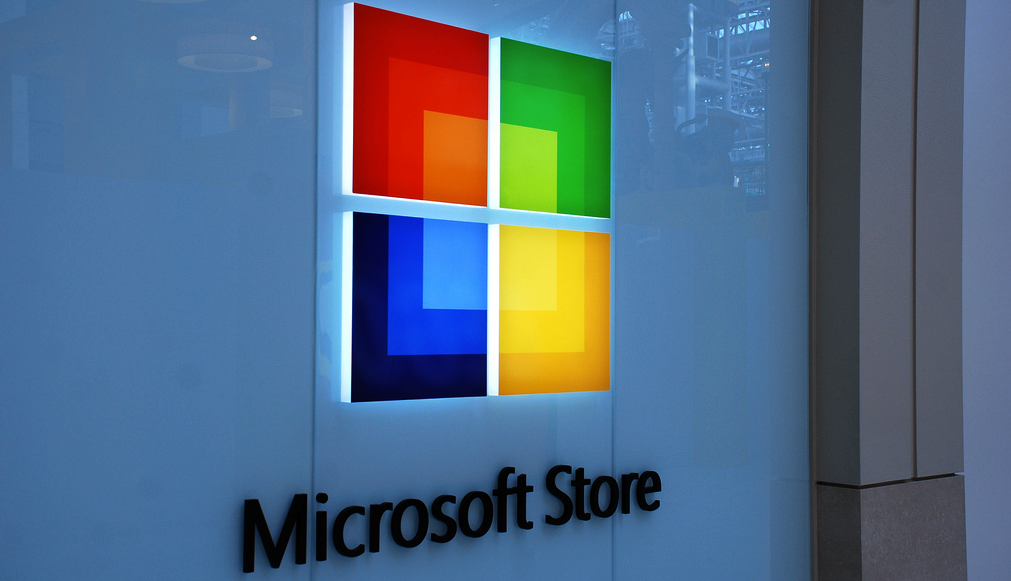Microsoft Pays YouTube Users A Pittance To Promote Xbox One & Not Say Anything Bad About It

(afagen)
Over the weekend, it was revealed that Microsoft recently launched a promotion with the folks at Machinima that would pay affiliated YouTubers for running clips featuring at least 30 seconds of footage from the Xbox One.
According to the legal agreement for the promotion, not only are the YouTubers asked to “not use excessive inappropriate language or profanity,” agreeing to the terms meant “You may not say anything negative or disparaging about Machinima, Xbox One or any of its Games in your Campaign Video.”
As Ars Technica points out, by paying the YouTubers to show off the Xbox One without making an express statement of sponsorship and while limiting the YouTubers to saying only nice things about the console, Microsoft may be running afoul of Federal Trade Commission guidelines on endorsement [PDF].
Among the several examples that cross the line, this one from the FTC seems relevant to the YouTube situation:
A college student who has earned a reputation as a video game expert maintains a personal weblog or “blog” where he posts entries about his gaming experiences. Readers of his blog frequently seek his opinions about video game hardware and software. As it has done in the past, the manufacturer of a newly released video game system sends the student a free copy of the system and asks him to write about it on his blog. He tests the new gaming system and writes a favorable review. Because his review is disseminated via a form of consumer-generated media in which his relationship to the advertiser is not inherently obvious, readers are unlikely to know that he has received the video game system free of charge in exchange for his review of the product, and given the value of the video game system, this fact likely would materially affect the credibility they attach to his endorsement. Accordingly, the blogger should clearly and conspicuously disclose that he received the gaming system free of charge. The manufacturer should advise him at the time it provides the gaming system that this connection should be disclosed, and it should have procedures in place to try to monitor his postings for compliance.
One could argue that this example is not exactly analogous to the Microsoft/YouTuber arrangement, as these bloggers are not getting free hardware or anything of that value in exchange for their videos.
In fact, Microsoft is being incredibly cheap about this promotion. The agreement states that YouTubers who fulfill the requirements for being compensated will receive payments of $3 per 1,000 views of their videos. Furthermore, Microsoft will only pay that $3 CPM for the first 1.25 million views across all qualifying users’ videos. That means that all of the people who dutifully tried to shill for Microsoft will share a pot of $3,750.
Given that the “XB1M13” YouTube tag has now been adulterated with latecomers and people upset about the stealth marketing, it’s hard to tell exactly how many qualified videos will share this bounty. Assuming it’s 100 YouTubers, that’s only $38 per person, not even enough to afford a new Xbox One game.
Want more consumer news? Visit our parent organization, Consumer Reports, for the latest on scams, recalls, and other consumer issues.

